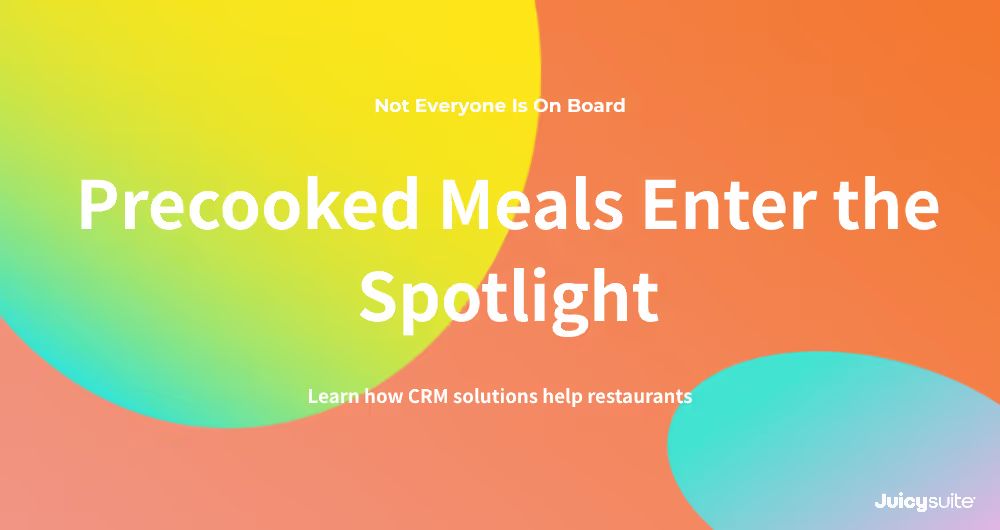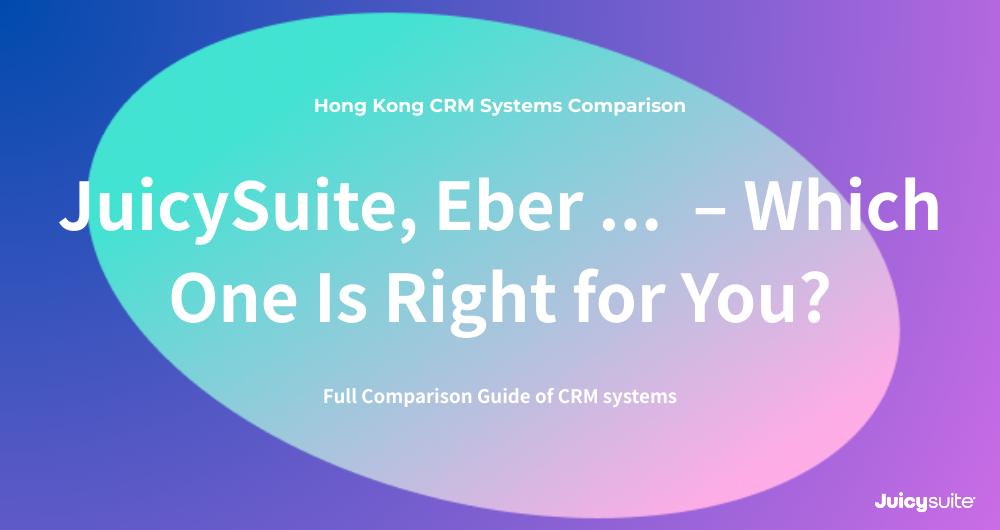Precooked Meals Enter the Spotlight – But Not Everyone Is On Board

Precooked meals — pre-prepared and packaged dishes reheated for service — have surged in popularity across Mainland China. In Hong Kong, however, this trend has met strong resistance.
Local restaurants have begun quietly introducing precooked elements to reduce labor costs and streamline operations. Yet, many Hong Kong consumers associate precooked food with low quality, insincerity, and mass production. Social media backlash is growing, with customers expressing concern that their dining experiences are becoming less authentic and personalized.
Some eateries were even called out publicly for secretly using precooked dishes — damaging their brand credibility overnight.

What Do Hong Kong Diners Expect?
In contrast to the convenience-oriented diners in some regions, HongKongers tend to place a higher value on:
- Freshly prepared, made-to-order meals
- Transparent kitchen operations
- Authentic, trust-based brand experiences
With these expectations in mind, restaurants must do more than serve food— they must actively build trust through personalized communication and service transparency.
How CRM Becomes an Essential Trust-Building Tool
In this environment of skepticism, Customer Relationship Management (CRM) systems offer a lifeline. Rather than focusing purely on logistics or sales, a CRM system enables restaurants to build transparent, two-way relationships with their diners.
Key functions include:
- Capturing diner preferences and sensitivities, such as allergy concerns or dislikes, for tailored service.
- Tracking feedback for specific dishes, helping refine the menu and highlight freshly prepared items.
- Delivering storytelling-based campaigns, such as “Today’s Chef’s Pick” or “Farm-to-Table Specials,” that highlight sourcing and preparation.
- Segmenting loyal customers for personalized communications and surprise-and-delight offers.
When implemented well, CRM solutions don’t just improve operational efficiency — they turn diners into advocates by reinforcing brand credibility and integrity.
How CRM Mitigates the Risk of Using Precooked Elements
Restaurants using partial precooked components — like sauces or side items — can still maintain trust if they communicate honestly. A CRM system can help:
- Label menu items clearly, distinguishing between in-house specialties and semi-prepped items.
- Create transparency dashboards, showing daily ingredient sourcing or cooking methods.
- Enable customer feedback loops, encouraging open dialogue and faster reputation recovery.
- Support digital engagement, such as newsletter storytelling or loyalty programs that educate and reward diners.
With CRM, trust is not just restored — it becomes a core business advantage.
Q&A: How Should Restaurants Handle the Precooked Food Debate?
Q1: Why are Hong Kong diners against precooked meals?
Many associate them with lower food quality, reduced freshness, and a lack of transparency. They feel disconnected from the dining experience when meals are perceived as “factory-made.”
Q2: Is it acceptable to use any precooked components?
Yes — as long as the restaurant communicates honestly and uses high-quality ingredients. For example, premade sauces are more accepted than reheated meat or full entrees.
Q3: How does CRM support transparency and customer retention?
CRM allows restaurants to log feedback, automate personalized communication, and showcase transparency through content and engagement. This helps reinforce customer trust.
Q4: Does using CRM replace the need for quality food?
No — but it complements quality by improving communication, enhancing personalization, and allowing brands to address concerns proactively and at scale.
Trust Is the New Currency in F&B
The debate around precooked meals is less about food and more about trust. In a hyper-competitive market like Hong Kong, CRM is no longer optional — it’s a strategic tool that lets restaurants adapt, communicate authentically, and win back skeptical diners.
Whether you're a large F&B group or an independent bistro, investing in CRM today may be the most important decision for long-term brand health.

.png)
.png)